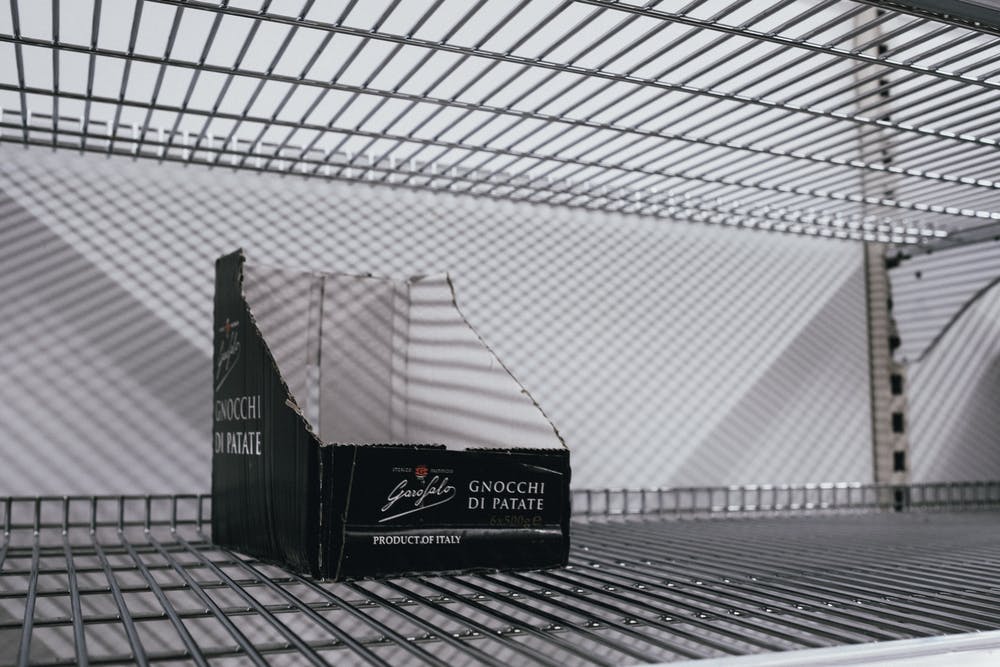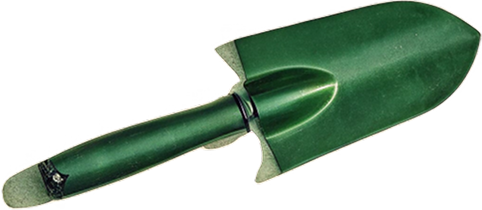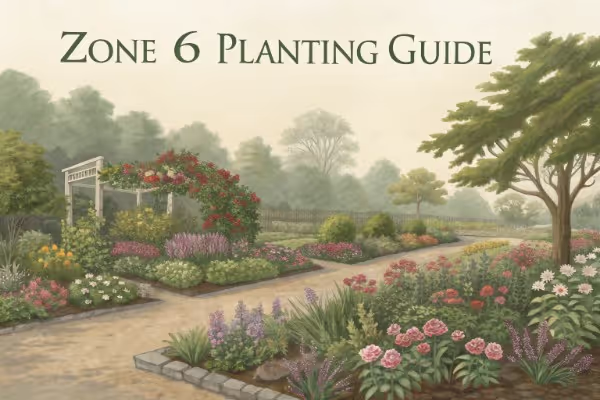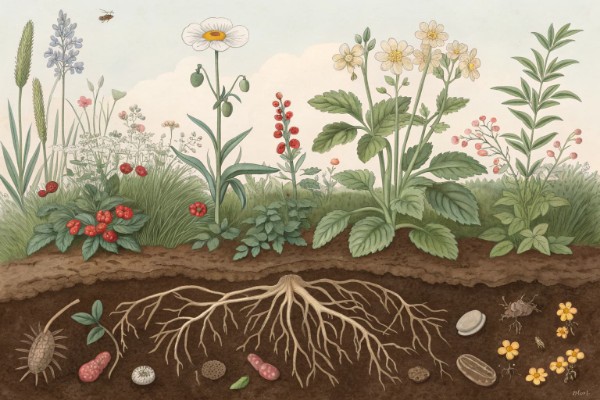Food Shortage Gardening: Growing Your Own Vegetables at Home

Food Shortage
A food shortage can spark anxiety, but growing your own vegetables restores control into your kitchen. Facing a food shortage head-on, planting quick harvest crops like spinach, radishes, and lettuce keeps you ahead in leaner times. With a simple garden setup, a bit of compost, and consistent watering, beating the food shortage blues—even in tight urban spaces—proves surprisingly doable, satisfying, and delicious. Discover the ease of self-reliance with a few pots, seeds, and dirt beneath your fingernails.
Cheatsheet: Home Veggie Growing for Food Resilience
🥕 Fast Facts
- 75% of home gardeners report increased food security.
- 1 sq m (10.7 sq ft) yields 8–20 kg (17–44 lbs) in 1 season.
- Home produce: 25%+ more nutrients than store-bought.
🌱 Starter Veggies
- Leafy greens (spinach, lettuce): 30–45 days
- Radishes: 25–30 days
- Bush beans: 50–60 days
- Tomatoes: 60–90 days
- Peas, carrots, zucchini: 50–80 days
🛠️ Tools & Products You'll Need
- Seeds or seedlings
- Containers (buckets, grow bags) or garden bed
- Potting mix or compost
- Hand trowel, watering can, pruning scissors
- Mulch (straw, leaves)
- Labels, markers for tracking
- Fertilizer (organic or general-purpose)
- Gloves (optional)
🌤️ Sun & Space Basics
- 6+ hrs daily sun = healthy yields
- Balconies, patios, windows work for containers
- Spacing: 4–6 in (10–15 cm) small plants; 12–18 in (30–45 cm) large
💧 Watering & Feeding
- 1 in (2.5 cm) water/week (more in heat)
- Water roots, not leaves, early AM or late PM
- Feed every 2–3 weeks (compost, liquid feed)
- Mulch to retain moisture & reduce weeds
🧑🌾 Steps to Grow Veggies
- Plan: Choose crops suited to your climate & space.
- Prep: Fill beds/containers with quality soil/compost.
- Sow: Plant seeds per package depth & spacing (label rows).
- Water: Keep soil moist but not soggy until established.
- Thin: Remove weaker seedlings for strong growth.
- Weed & Mulch: Weekly, to save water & prevent competition.
- Support: Stake tall plants (tomatoes, peas).
- Harvest: Pick at peak ripeness; frequent harvest boosts yields.
🥗 Nutrition & Self-Sufficiency
- Home veggies: vitamin-rich, pesticide-free, fresh
- Grow for fiber, antioxidants, minerals
- Reduce grocery trips, buffer supply chain gaps
📦 Storage & Preservation
- Blanch & freeze, dehydrate, or pickle excess
- Root cellars or cool, dark spaces extend shelf life
Why Vegetable Gardening Matters Amidst a Food Shortage
I've grown vegetables for decades, long before anyone worried much about empty supermarket shelves. Yet lately, the term food shortage seems increasingly relevant—and it has me eyeing my garden beds with renewed purpose.
Last spring, after another unsettling news report on strained supply chains, I doubled down on planting heirloom tomatoes, kale, beans, and squash. The satisfaction of harvesting fresh produce felt richer, more meaningful, than ever before.
Choosing the Right Vegetables: Practicality Meets Pleasure
When supplies tighten, practicality takes precedence in my garden. I focus first on calorie-dense crops—potatoes, sweet potatoes, winter squash—and secondarily on nutrient-rich greens such as spinach, Swiss chard, and kale.
Here’s my trusted shortlist for gardens thriving during uncertain supplies:
- Potatoes: Easy to grow, store well, and provide substantial nutrition.
- Beans and Legumes: Protein-rich, space-efficient, and can be dried for long-term storage.
- Leafy Greens: Fast-growing and packed with essential vitamins.
- Root Vegetables: Carrots, turnips, and beets—all store beautifully and offer plenty of nutrients.
"A mere 100 square feet (about 9 square meters) of cultivated potatoes can yield a harvest sufficient to feed one adult for an entire month."
—Organic Gardening Research Institute
Maximizing Space Efficiently
Even modest garden plots can yield impressive harvests with smart planting methods. Last year, facing limited space, I expanded vertically—training cucumbers, pole beans, and peas up trellises.
Vertical gardening generously frees precious square footage for vegetables that need to sprawl horizontally, such as zucchini and sweet potatoes.
I also employ succession planting: as one crop finishes, another immediately replaces it. Radishes and lettuce, for instance, fill gaps between slower-growing broccoli and cabbage.
Preserving Your Harvest: Food Independence Year-Round
Growing your food solves only half the equation—preserving that bounty is equally essential. Last August, facing surplus tomatoes threatened by an early frost, I canned nearly 20 quarts (19 liters) of marinara sauce and salsa.
Vegetable preservation methods worth considering:
- Canning: Tomatoes, beans, soups, and sauces.
- Freezing: Berries, peas, corn, and chopped greens.
- Drying: Herbs, beans, peppers, and tomatoes.
- Root Cellaring: Potatoes, carrots, onions, garlic, squash, apples.
There's comfort in opening homegrown preserves during winter’s cold grip—food security that tastes even better than store-bought.
Small Actions, Big Consequences
Growing vegetables at home might appear modest, a drop in society’s vast ocean of challenges. Yet collectively, these small gardens represent resilience, self-sufficiency, and a subtle act of rebellion against dependence on distant, uncertain supply chains.
Each carrot pulled from rich soil or jar of sauce in a pantry shelf becomes more profound in uncertain times. Your vegetable garden matters, not just on a personal level, but as part of a larger return to local food sovereignty.

Want smarter plant choices? 🪴
Frequently Asked Questions About Vegetable Gardening During a Food Shortage
Which vegetables offer the highest yield in limited garden space?
Choose high-yield, quick-growing crops such as beans, leafy greens (spinach, kale, Swiss chard), radishes, carrots, onions, and zucchini. These vegetables require minimal garden area yet produce abundant harvests, ensuring a steady food supply during times of shortage.
How do I maximize vegetable production throughout the growing season?
Practice succession planting by promptly reseeding spaces after harvesting early crops. Additionally, select early-, mid-, and late-season varieties to spread harvest times. Implementing crop rotation and interplanting methods helps optimize garden output continuously from spring through autumn.
Can container gardening effectively supplement food supply?
Absolutely. Containers provide a viable solution for growing vegetables like tomatoes, bell peppers, herbs, potatoes, lettuce, and peas in tight urban or suburban areas. Use deep containers of at least 12 inches (30 cm) depth and ensure proper drainage and nutrient-rich soil to boost productivity significantly.
What strategies help preserve harvested vegetables for prolonged storage?
Employ reliable preservation methods such as canning, pickling, fermenting, freezing, and storing in cool root cellars. Root vegetables (potatoes, carrots, onions) keep several months in cool, dark conditions around 40°F (4°C) and humidity levels between 80-90%, enabling your harvest to last well beyond their usual lifetime.
How can I naturally improve soil fertility to increase production?
Regularly incorporate compost into garden beds to enrich soil texture, enhance moisture retention, and support beneficial microorganisms. Growing green manure or cover crops such as clover, beans, or rye will boost nitrogen levels, providing nutrients essential for abundant vegetable yields.
What pest management techniques safeguard vegetable crops without chemicals?
Practice consistent monitoring and promptly remove pests manually. Encourage natural predators by planting diverse flowering plants that attract beneficial insects. Using protective barriers, row covers, and companion planting reduces pest infestations significantly, ensuring healthier vegetables without chemical intervention.
Which vegetables are suitable for extended growing seasons or colder climates?
Cold-hardy vegetables like kale, Swiss chard, Brussels sprouts, cabbage, and root crops (carrots, turnips, parsnips) withstand temperatures down to around 20°F (-7°C). Utilizing protective covers such as cold frames, hoop tunnels, or greenhouses extends the harvest into winter months, securing food availability longer.
Food Shortage isn’t just a headline—it’s a wake-up call. Growing your own vegetables at home gives you a stake in your own survival and a plate that tastes like victory. You learn to rely on your hands, not the fragile food supply chain. Even a few pots of greens or tomatoes on a balcony can make a difference. If space is tight, growing food indoors or starting with microgreens packs a punch. Use what you have—leftover cooking water can be a secret fertilizer, and compost turns waste into gold. The process grounds you, connects you to what’s real. In uncertain times, a garden isn’t just a patch of green—it’s security, flavor, and hope on a fork. Growing food at home isn’t about perfection. It’s about resilience, and a little rebellion against scarcity.
The Prepper’s Guide to Securing a Continuous Vegetable Supply
Strategic Crop Selection
- Fast-Growing Crops: Radishes (3-4 weeks), spinach (4-6 weeks), baby carrots (6-8 weeks) ensure quick harvest cycles.
- Nutrient-Dense Staples: Sweet potatoes, beans, kale, squash provide high-calorie, vitamin-rich yields with extended storage life.
- Regenerative Perennials: Asparagus, rhubarb, artichokes yield annually without replanting, offering years of nutrition.
Optimizing Space with Vertical & Compact Gardening
- Vertical Supports: Install sturdy trellises or netting; climbing beans, peas, cucumbers grown vertically produce higher yields per square foot.
- Compact Varieties: Select dwarf or bush varieties—patio tomatoes, bush zucchini, container-friendly peppers maximize limited spaces.
- Succession Planting: Continuously sow vegetables every 2-3 weeks to sustain consistent harvest cycles and reduce waste.
Sustainable Seed Management
- Open-Pollinated Seeds: Harvest seeds yearly from heirloom vegetables (tomatoes, beans, squash), ensuring future cost-efficient planting.
- Seed Storage Best Practices: Store dried seeds in labeled airtight containers with silica gel packets, kept cool (40-50°F / 4-10°C) and dark for maximum longevity (up to 3-4 years).
Reliable Water Solutions
- Rainwater Collection: Install rain barrels or tanks capturing rooftop runoff; a 100 sq. ft. (9.3 sq. m.) roof yields approximately 60 gallons (227 liters) per inch (2.5 cm) of rainfall.
- Mulching Techniques: Apply straw, shredded leaves, or grass clippings as mulch to retain moisture, lower irrigation requirements, and feed the soil.
Pest & Disease Prevention Strategies
- Companion Planting: Pair marigolds with tomatoes or basil with peppers to repel pests naturally and increase yields.
- Crop Rotation Planning: Rotate vegetable families annually—prevent disease buildup and maintain soil fertility.
- Sanitation & Hygiene: Regularly remove debris, promptly eliminate infected foliage and sanitize tools with rubbing alcohol to minimize disease spread.
Find out which plants will thrive in your garden!
Answer a few fun questions and get custom plant recommendations perfect for your space. Let’s grow something amazing together!

start your season





